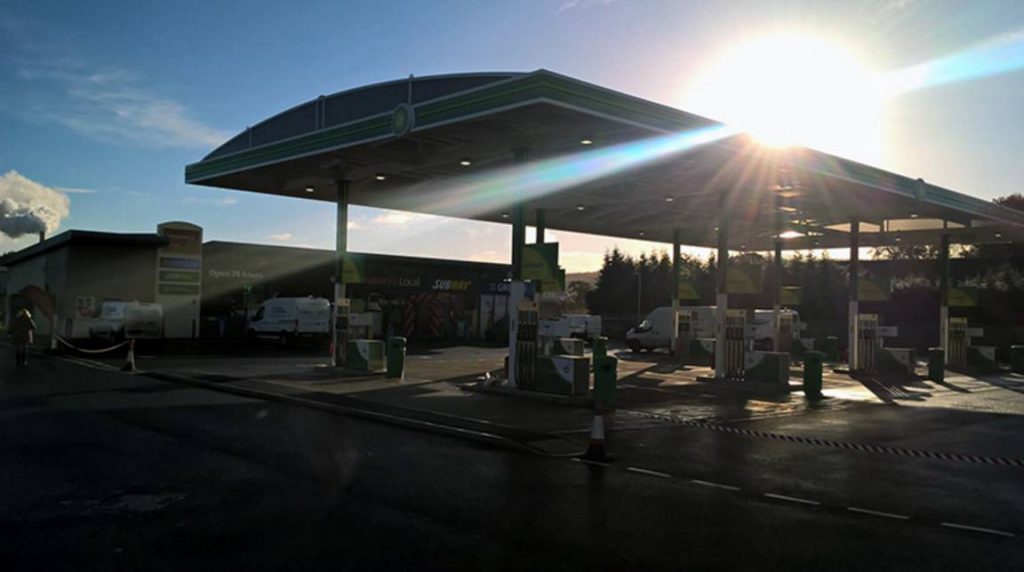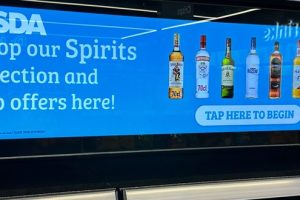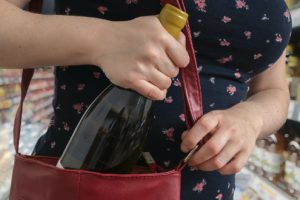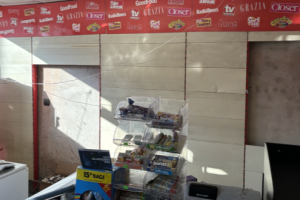Despite seeing fuel volumes drop by up to 70% amid the pandemic, forecourt operators are thriving because of increased food and alcohol sales, and they are enjoying the challenge.
Nadine Stacey, head of UK retail operations at Applegreen, told delegates: “We started 70% down on fuel volume, depending on where our sites were located, but we’ve seen huge sales in alcohol. At transient sites we benefited because a lot of our food options were open, so our hot food sales went through the roof, and coffee sales were strong. Overall it’s been great. It’s been liberating to look at retail again. We have definitely got our retail hats on again at the moment.”
Kurt Williams owner of DK Forecourts which runs 10 forecourts in south Wales, agreed: “My business has been fantastic even though my fuel sales have been down food sales have been through the roof. We have customers coming in and spending £100.
“We’ve put new lines in, fresh meat and fresh fruit, and hot food. We can’t keep alcohol on the shelf. It’s crazy how something can change your business overnight.”
The forecourt operators speaking at the ACS conference agreed that the Covid-19 experience has made them more focused on what they sell in store.
Williams said: “Space is at a premium but we need to prioritise our space more. We need to look at sales data more, which we have been guilty of not doing in the past, we knew this a long-time ago but the past couple of months have made us realise how much more we can get out of the space. It has brought home to us that we are an important part of people’s shopping habits and we want to keep them so we have got to give them what they want, at a fair price, with a good service. These last few months have made people realise we’re not just a petrol station. There is a perception that service stations overcharge, but if we get the range and price right, the future should be good.”
The speakers all agreed that alcohol sales have soared during the pandemic and many forecourt operators have done a lot of work on ranges and using analytics to see what is driving sales.
Stacey said: “We have customers know they can come on site and find the flavoured gins and vodkas and the cloudy cider – which has been a big hit recently – are available and we have promotions like the supermarkets. Another big seller has been barbecue products and we are working with Londis on various ranges.”
Stacey told delegates that tobacco has also become a category in focus. “We see it as a category that will decline over the years, but that is not what we are seeing. The new menthol products such cigarillos, Nordic Spirit, Rizla cards have been extremely popular. Take home drinks, multi-packs of crisps and confectionery all need looking at. It has opened our eyes – it’s not just Covid – we need to be doing that in the future.”
Williams agreed: “For the first time we have noticed that people are buying it in bulk – instead of coming in for 20 or 40 they are coming for 100 – a crazy amount of cigarettes. We’ve never known that before.”
The speakers are confident that they will be able to retain their new customers going forward. Steve Fox, managing director of MFG, said: “In the next 12-18 months we think staycations are going to create a big opportunity because less people are going to go abroad. Alcohol is just going through the roof, even when hospitality does open it will be at 30-50% capacity.
“This is nearly a plan day by day situation, things have settled in the last 3-4 weeks, but business is booming and we’ve still only got 60% of our customers buying fuel at the moment. As the country unlocks the shop business could grow further. So we’ve got to look at freezer space, supply chain, and all those challenges we’ve got to face. We’ve got high-class problems at the moment.”
Williams also pointed out that staffing is also a consideration: “We can extend the product rage, but we need to train the staff. They need to have a different approach to customers in the shop, they are now the main customers for us, they spend a lot of money.”
He concluded: “Going forward we have to learn from this experience and be more adventurous and be more confident that we can compete with the big boys. We need to make sure we are well stocked, have a good selection, at a fair price, they can pop in and park the car – they don’t have to queue. It is positive for the future if we get it right.
 Talking Retail Grocery and product news for independent retailers
Talking Retail Grocery and product news for independent retailers






